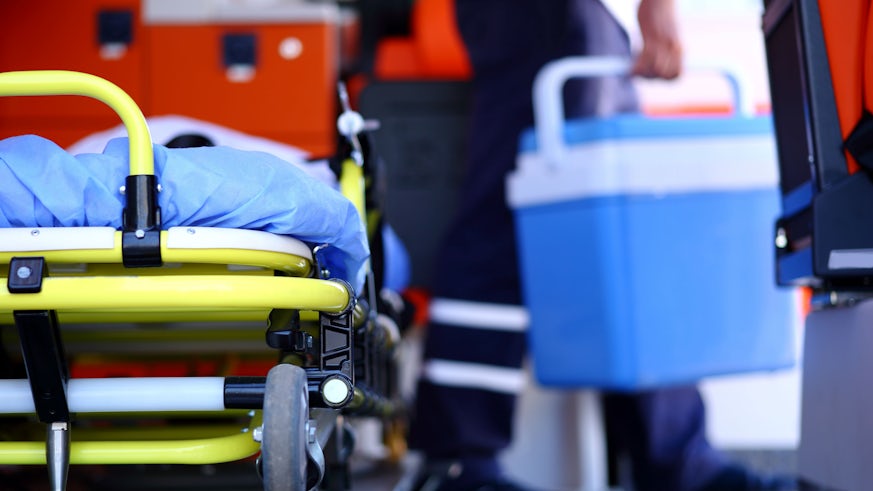Empowering families with knowledge
22 January 2019

A Cardiff University academic is exploring what organ donation means to people of the Muslim faith.
Dr Mansur Ali, of the Centre for the Study of Islam in the UK, has been given funding by the NHS to carry out community engagement about his research , which has sought to provide clarity to Muslims over what recent changes to the law mean for their faith.
It has been nearly three years since the Human Transplantation Act 2013 (Wales) came into being. Now, all adults in Wales are presumed to be donors, unless they have recorded that they wish to opt out of the scheme. Similarly, in England, the Organ Donation (Deemed Consent) Bill recently passed its last hurdle in parliament and should be rolled out next year.
But these changes have magnified questions and concerns among the Muslim community, over what their religion says about this highly emotive issue.
Dr Ali, of the Islam-UK Centre, situated within the School of History, Archaeology and Religion, said: “The research shows that there is appetite for organ donation amongst UK Muslims; however they are not sure where they stand theologically. One of the key objectives of the research is to address this anxiety.”
Organ donation is a contentious issue among Muslim scholars; a lack of scriptural sources have led to them issuing non-binding legal opinions (fatwa), offering clarification on whether organ donation is permissible or not in Islam. Fatwas are what the wider Muslim community use as a religious compass for their life choices.
As well as looking back on previous historical texts, scholars also look to other sources such as the opinion of medical professionals and views from culture, tradition and common sense.
Funded by Cardiff University, the interdisciplinary project, ‘Our bodies belong to God: The Human Transplantation Act 2013 and Cardiff Muslims’ response to it’, has involved Dr Ali studying all relevant fatwas in an attempt to give Muslims the fullest picture of their religion’s stance on the subject.
The funding awarded by the NHS will allow Dr Ali to run focus groups and workshops in Wales and England, where he will discuss his findings with fellow Muslims. He will also use the time to address any concerns and fears they may have about organ donation.
Dr Ali said: “The number of Muslim organ donors is much lower than the overall UK average and there is great uncertainty about what the changes to the law mean. I hope that my work will provide some clarity around this complex subject and empower families affected by these issues to make informed, considered decisions.”
Co-author of the book Understanding Muslim Chaplaincy, Dr Mansur Ali is a Fellow of the Higher Education Academy and a Khatib at the Darul Isra Mosque in Cardiff. Recently, Dr Ali shared his early findings on organ donation in Islam at the International Conference on Organ Transplantation in Islam at Western Sydney University.


